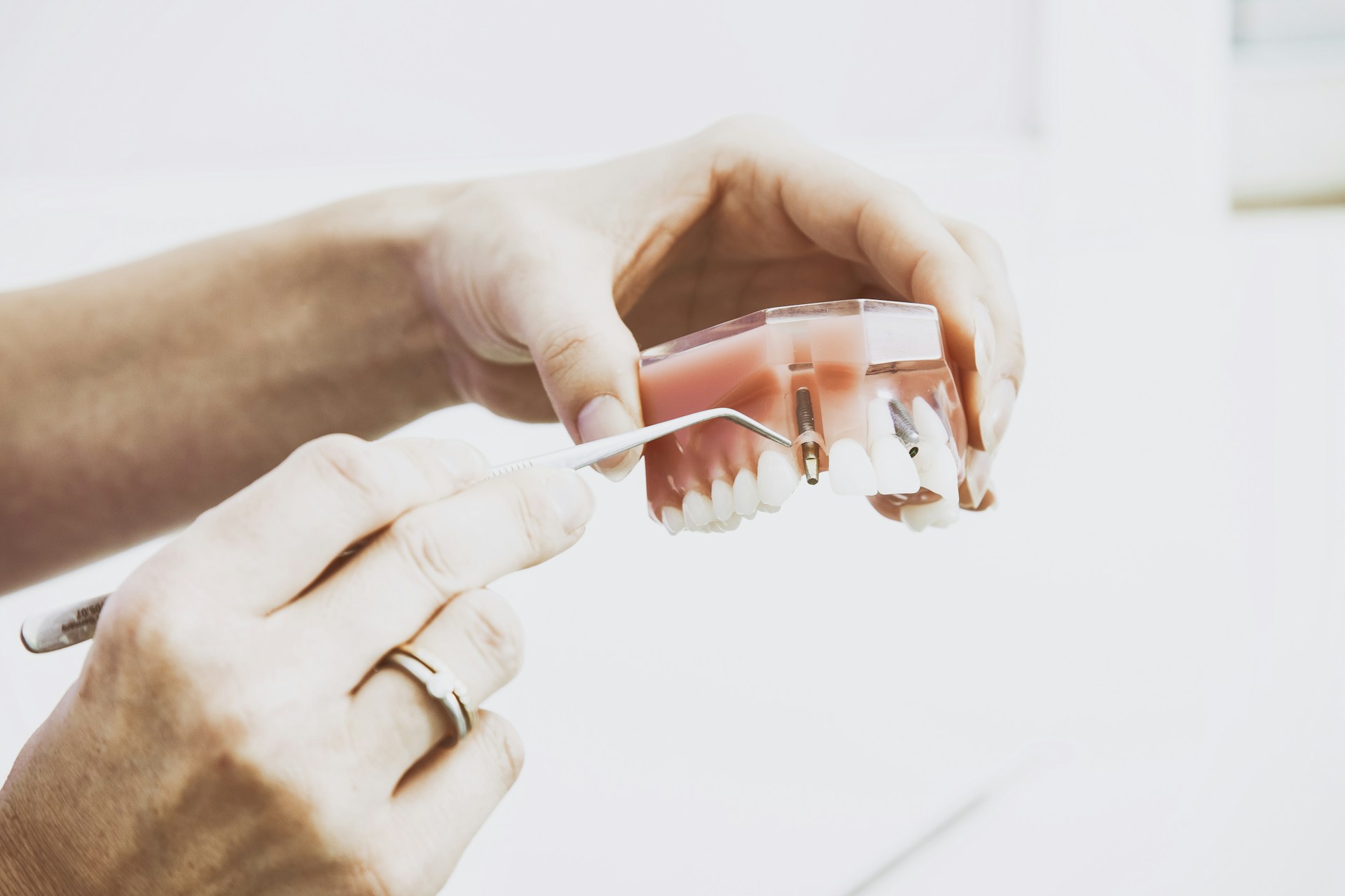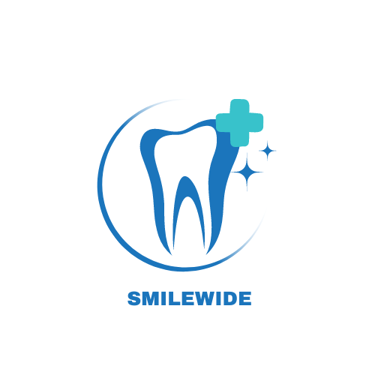SMILE- It costs nothing !!!
Recognizing Early Signs of Dental Trouble | Prevent Oral Health Issues
1/29/2024


Good oral health is essential for overall well-being, but sometimes dental problems can arise without us even realizing it. Understanding the signs and symptoms of dental trouble can help you identify potential issues early on and seek appropriate treatment.
Embarking on a journey towards optimal dental health requires keen awareness and proactive care. Your smile is a reflection of your well-being, and recognizing the signs of dental trouble early on is the first step in maintaining a vibrant and healthy set of teeth.
In this blog, we will be your guide to understanding the subtle indicators that your oral health might be sending you. From common warning signs to lesser-known signals, join us on this exploration of the signs of dental trouble.
By staying informed and taking prompt action, you empower yourself to safeguard your smile and ensure a lifetime of confident, happy grins.
How do i know if something is wrong with my teeth ?
1. Tooth Pain or Sensitivity
One of the most common signs of dental trouble is tooth pain or sensitivity.
If you experience sharp or throbbing pain when biting down or consuming hot or cold foods and drinks, it could indicate tooth decay, a cracked tooth, or gum disease. Sensitivity to temperature changes or pressure on the teeth may also be a sign of dental issues.
RELATED :
2. Bleeding Gums
Bleeding gums, especially during brushing or flossing, should never be ignored. It could be a sign of gingivitis or gum disease. Healthy gums should not bleed, so if you notice blood in the sink after brushing, it's important to consult your dentist.
3. Bad Breath
Chronic bad breath, also known as halitosis, can be embarrassing and may indicate underlying dental problems. While occasional bad breath is normal, persistent foul breath could be a sign of gum disease, cavities, or an oral infection.
Regular brushing, flossing, and dental check-ups can help address the issue.
RELATED :
4. Swollen or Inflamed Gums
If your gums appear red, swollen, or inflamed, it could be a sign of gum disease. Gum disease occurs when bacteria build up along the gumline, leading to infection and inflammation. If left untreated, it can progress to more severe conditions, such as periodontitis, which can cause tooth loss.
5. Loose Teeth
Adults should not have loose teeth. If you notice that your teeth feel loose or if they shift out of place, it may indicate advanced gum disease or bone loss. Seeking prompt dental care is crucial to prevent further damage and potential tooth loss.
6. Changes in Tooth Color
Changes in the color of your teeth, such as darkening or yellowing, can be a sign of dental trouble. Tooth discoloration may be caused by various factors, including staining from food and beverages, smoking, or underlying dental conditions. Your dentist can determine the cause and recommend appropriate treatment options.
7. Mouth Sores or Ulcers
Recurring mouth sores or ulcers that do not heal within two weeks should be evaluated by a dental professional. These sores can be painful and may indicate oral infections, viral conditions, or even oral cancer. Early detection and treatment are crucial for managing such conditions effectively.
8. Jaw Pain or Clicking
If you experience jaw pain, clicking, or popping sounds when opening or closing your mouth, it could be a sign of temporomandibular joint (TMJ) disorder. TMJ disorders can cause discomfort, difficulty chewing, and even headaches. Consulting a dentist or a specialist can help diagnose and treat this condition.
9. Receding Gums
Receding gums, where the gumline appears to be pulling away from the teeth, should not be ignored. It can be a sign of gum disease or aggressive brushing, which can lead to tooth sensitivity and eventually tooth loss if left untreated.
Your dentist can provide guidance on proper oral hygiene techniques to prevent further gum recession.
10. Dry Mouth
Constant dryness in the mouth can be a symptom of poor dental health. Saliva plays a crucial role in maintaining oral health by washing away food particles and neutralizing acids. If you experience persistent dry mouth, it could be due to medications, certain medical conditions, or inadequate hydration. Your dentist can help identify the cause and recommend appropriate solutions.
As we wrap up our exploration into the myriad signs of dental trouble, it's evident that our mouths often communicate more than we realize. Whether it's a subtle ache, persistent bad breath, or changes in the appearance of our teeth and gums, these signals should not be overlooked.
Remember, proactive awareness and timely action are the keys to maintaining optimal oral health. Regular dental check-ups, a consistent oral care routine, and heeding the signs discussed in this blog can be the foundation of a lifetime of strong, beautiful smile.



Contact Smiles
drdeepi15@gmail.com
Dr. Deepika B.D.S
© 2025 SmileWide Dental. All Rights Reserved.
Have doubts ..?
